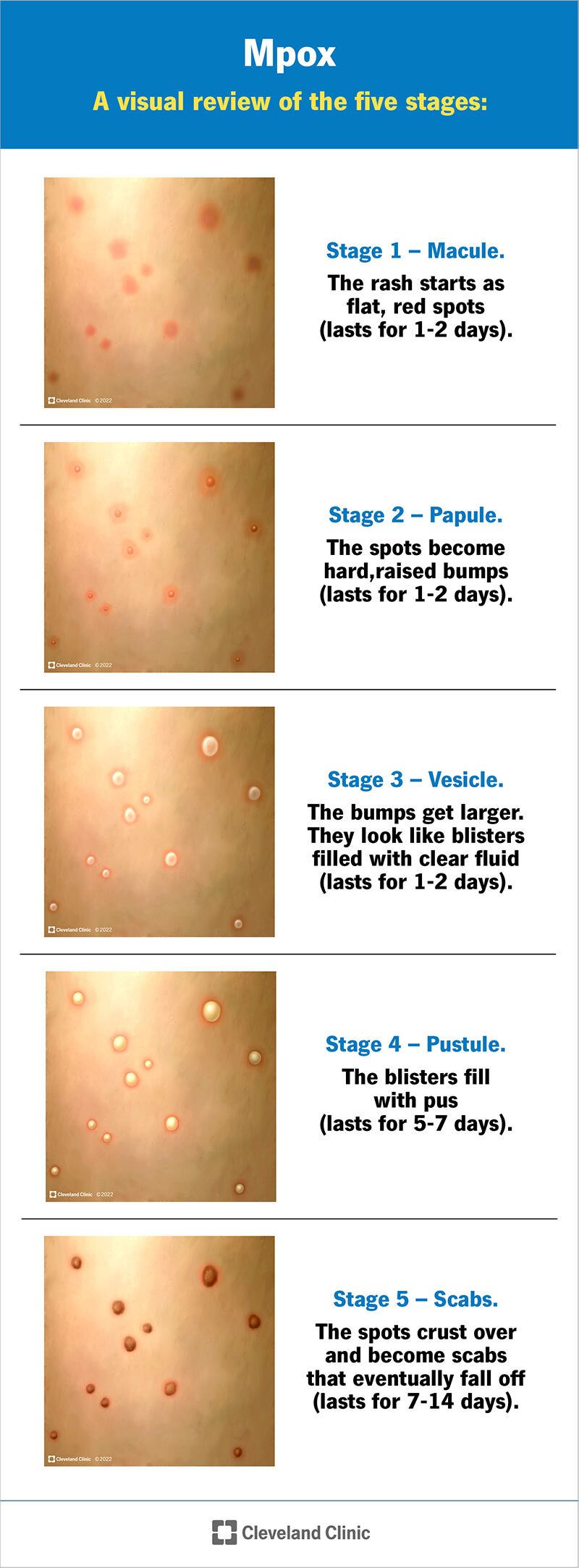The World Health Organization (WHO) recently declared Mpox a global health emergency. This applies to Africa — not the United States, not Florida, and not Wilton Manors.
This Clade Ib strain of Mpox spreading rapidly in the Democratic Republic of Congo and some countries in Central and West Africa is more serious than the strain we experienced in the US in 2022. The strain we saw was Clade II.
A clade is a broad grouping of viruses that has evolved over decades that have distinct genetic and clinical differences.
Because international travel is common, it makes sense that officials are concerned about an international spread. The thought is currently that the risk of the strain Ib [from Africa] is low in the United States. That’s not to say that you should not be careful (most especially if you are travelling in the African Congo region!).
So why the recent confusion?
Recent reporting indicated that Mpox is back and more virulent than ever. This is a true fact in Africa. The previous (retracted) report referenced cumulative data from 2022. However, Broward County has reported only 23 total cases in 2024, and Miami-Dade reported 49. In August, Broward and Miami-Dade each reported three cases. No new Mpox cases have been reported in Palm Beach.
That said, Mpox is a viral infection spread in the U.S. through close contact among people and on occasion from the environment to people. Examples include touching, kissing, having sex, as well as exposure to contaminated materials like clothing, sheets, towels, electronics, etc. The virus can cause different symptoms in different people. Many experience flu-like symptoms such as fever, chills, headache, fatigue, swollen glands, and muscle weakness. Generally, this is followed by a painful and/or itchy skin rash (looks like blisters or sores). The rash can be found on the face, palms of the hands, soles of the feet, groin, genital and/or anal areas. They can also be in the eyes, mouth, throat, anus, rectum, or vagina. Until the lesions have crusted over and scabs have fallen off, and other areas have healed, individuals are considered infectious. In most cases, lesions scab over and go away after 2–4 weeks.
In young people, pregnant persons or those with compromised immune symptoms, Mpox illness can be severe, leading to hospitalization, the need for antiviral medicines, and in a small number of cases death.
Drill Down
No cases of clade I Mpox have been identified in the United States, but the U.S. CDC recommended in August (2024) that people in the U.S. who are exposed to or at high risk of catching Mpox should get vaccinated.
Who Is Most at Risk for Advanced Mpox Disease and Death
- Persons travelling to the Democratic Republic of Congo and certain countries in Central and Western Africa – see CDC travel website before you go
- People who have sex with multiple or new partners
- Newborn babies and children
- People who are pregnant
- People with underlying immune deficiencies, such as from advanced HIV disease
Who Should Get Vaccinated against Mpox
- Gay, bisexual, or other same-gender loving man who has sex with men or are transgender, gender non-binary, or gender-diverse AND in the last six months you have had, or expect to have
- One or more sexually transmitted infections
- More than one sexual partner, or anonymous sexual or intimate contact
- Sex at a commercial sex venue
- Sex in association with a large public event in a geographic area where Mpox transmission is occurring
What You Can Do to Protect Yourself
- Receive Mpox vaccination (Jynneos) – a 2-dose vaccine given at least 28 days apart
- Mpox vaccine is recommended to be administered subcutaneously except if there is a shortage due to a public health emergency, at which time subdermal administration is acceptable achieving the minimum effective dosage amount.
- Get both doses — if you received your first Mpox vaccine and didn’t get a 2nd – get it today. It’s never too late to get the 2nd dose
- There is no “booster vaccine” recommended at this time
- If you’ve recovered from Mpox, there is no need for vaccination
- Clean your hands frequently with soap and water or an alcohol-based hand sanitizer
- Wipe down all gym equipment used by someone else
- Traveling to a hotel? Make sure to wipe down high contact areas, such as the remote control
- Know the signs and symptoms associated with Mpox and how it is spread
- If you think you may have symptoms, seek medical advice
Jynneos vaccine (#1 or #2) Available FREE - Call today at 954-542-1663




